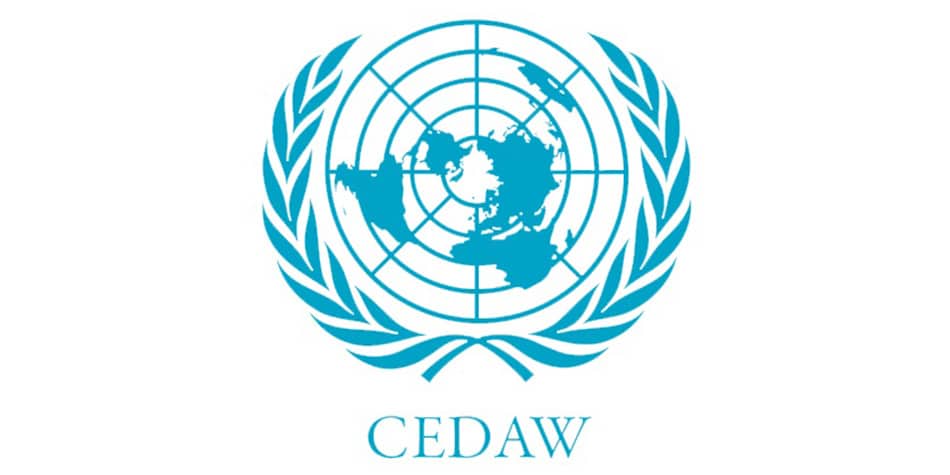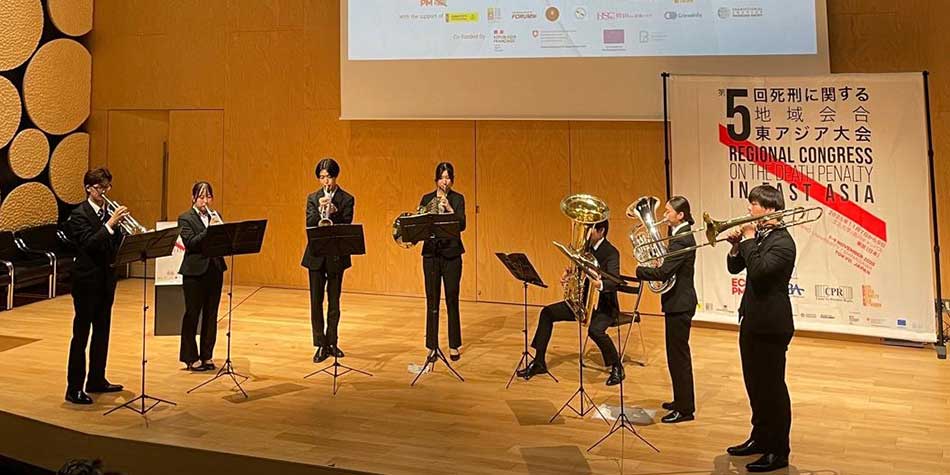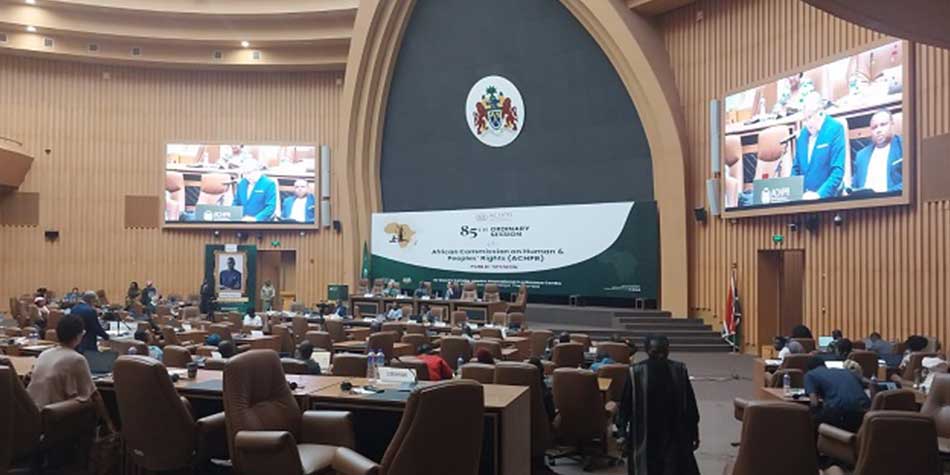
Abolitionist advocacy at the 88th CEDAW Session
Advocacy
The 88th session of the Committee on the Elimination of Discrimination Against Women (CEDAW) was held in Geneva, Switzerland, from May 13 to 31, 2024.
During this session, the Committee reviewed the status of Brazil, Estonia, Kuwait, Malaysia, Montenegro, the Republic of Korea, Rwanda, and Singapore. The World Coalition Against the Death Penalty (World Coalition), alongside with representatives from the Anti Death Penalty Asia Network (ADPAN) and HAYAT led advocacy efforts to promote the abolition of the death penalty and an end to discrimination against women and gender non-conforming people facing capital punishment in Kuwait, Malaysia, and Singapore where the death penalty is still applied in contradiction with the principle of the most serious crimes and with the CEDAW obligations
AN ABOLITIONIST DELEGATION TO HIGHLIGHT GENDER DISCRIMINATION IN CAPITAL PUNISHMENT
Prior to the Committee’s 88th session, the World Coalition submitted reports on gender bias in capital punishment for Kuwait (with The Advocates for Human Rights (TAHR)) and Singapore (with the Transformative Justice Collective, ADPAN and Capital Punishment Justice Project). For Malaysia, two separate reports have been submitted by ADPAN and by HAYAT, TAHR and Reprieve, in response to the CEDAW Committee’s list of issues.
While in Geneva, the World Coalition delegation participated in informal CEDAW public meetings, briefing lunches and had the opportunity to meet some CEDAW experts in private meetings. On these occasions, major concerns about discrimination against women and gender non-conforming persons sentenced to death in Kuwait, Malaysia and Singapore were raised. Discussions focused on the lack of hygiene and medical and gender-specific care in prisons, the inadequacy of legal representation and the failure of judicial systems to take account of mitigating circumstances in sentencing, such as gender-based violence.
CEDAW’S CONSTRUCTIVE DIALOGUE ON MALAYSIA
Thanks to the dedicated advocacy of the abolitionist movement done during the 88th session, the issue of the death penalty was brought forward by CEDAW Experts during the constructive dialogues.
During their exchange with the Malaysian government delegation, the CEDAW experts expressed numerous concerns regarding the application of the death penalty, including challenges associated with the ongoing re-sentencing process, such as lack of time and resources for mitigation preparation, and issues relating to the recognition of gender-related mitigating circumstances in sentencing. Additionally, the experts inquired about death row conditions, particularly healthcare accessibility for women including transwomen. During this constructive dialogue, CEDAW experts emphasized that the death penalty was a CEDAW issue and concluded by questioning the Malaysian government’s plans to abolish the death penalty, thus reaffirming their commitment to abolishing the death penalty.
In contrast, the Malaysian delegation’s responses, although acknowledging the issues raised, lacked depth, specificity, and clear agenda towards abolition. While the delegation presented some statistics regarding women facing death sentences and outlined legal rights and recent reforms, they fell short of providing concrete measure to end discrimination faced by women and gender conforming people facing the death penalty and fail to address significant concerns raised around the resentencing process. Furthermore, the delegation did not delve into the underlying reasons for the high number of foreign nationals on death row, nor did it provide any answers on the conditions of imprisonment for women, including transgender women. It is important to emphasize that the Government’s announcement of its commitment to maintaining the moratorium is a welcome development. However, the delegation’s response to questions on plans moving forward after removing mandatory death penalty was cautious as it did not provide a clear path nor timeline for the full abolition of the death penalty.
The forthcoming publication of the CEDAW Committee’s concluding observations will enable local NGOs in Kuwait, Malaysia, and Singapore to continue their abolitionist advocacy by urging their respective governments to implement the necessary measures and the recommendations made by the Committee to end the discrimination faced by women and gender non-conforming people in relation to the death penalty.
ABOLISTIONNIST ADVOCACY ON THE SIDELINES OF THE SESSION
Throughout this session, the World Coalition delegation engaged with other strategic stakeholders, including the staff of the Special Rapporteur on extrajudicial, summary, or arbitrary executions and the Working Group on discrimination against women and girls. These meetings enabled the transmission of essential information for the inclusion of gender and death penalty issues in the mandates of these Special Procedures.
The advocacy for the abolition of the death penalty by the Committee on the Elimination of Discrimination against Women and the Special Procedures of the United Nations human rights mechanisms is another step in the right direction.







